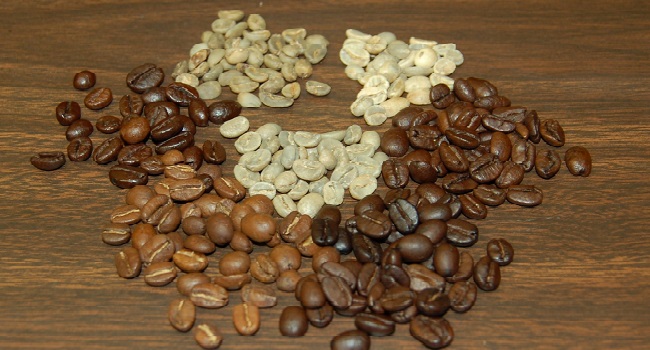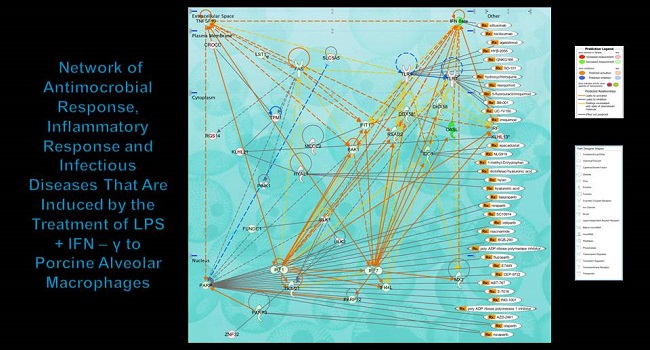Photo Carousel Links
The mission of the Diet, Genomics, and Immunology Laboratory (DGIL) focuses on four main areas: (1) To elucidate the mechanisms by which diet, nutrients, bio-active food components prevent chronic diseases and promote human health. (2) To identify chemical forms and bioavailability of nutrients, bio-active components in foods. (3) To develop methodology, biomarkers for assessment of nutrients status, health benefits in humans for nutrients and food bio-active components. (4) To develop cellular, molecular and immunological methods for evaluating nutrient bioavailability, metabolic function, requirements, and their effects on immune function, inflammation and gut microbiome.
Microgreens are young seedlings (7-14 days) of greens. They are gaining popularity as a new culinary trend in upscale markets and restaurants over the past few years due to a large array of intense flavors, vivid colors and tender textures. Previous studies found that microgreens possessed higher nutritional densities when compared to the mature counterparts. However, little is known about the health promoting efficacies of microgreens in terms of their effect on the lipid and cholesterol levels.
Coffee is a most consumed drink worldwide, with potential health effects on several chronic diseases including neuronal degenerative diseases such as Alzheimer’s disease. Recent studies suggest that the inhibition of sirtuin2 may be beneficial in restoring cognition. In Dr. Jae Park’s laboratory, coffee bean samples were screened for potential sirtuin2 inhibitors.
Alveolar macrophages (AM) are first line defenders against airborne pathogens and influence lung pathology during disease states. Analyses of the transcriptomes by next generation sequencing were conducted by Dr. Celine Chen, using in vitro models of macrophage responses to IL4 and LPS compounds. Distinctive expression patterns consistent with their contrary roles in inflammatory responses were obtained. This work will enhance our understanding of the macrophage responses regulated by LPS and IL4 and contribute toward using swine as models to promote both human and animal health particularly those with an immunological or inflammatory component.
Mission
The mission of the Diet, Genomics, and Immunology Laboratory (DGIL) focuses on four main
areas: (1) To elucidate the mechanisms by which diet, nutrients, bio-active food components prevent
chronic diseases and promote human health; (2) To identify chemical forms and bioavailability of
nutrients, bio-active components in foods; (3) To develop methodology, biomarkers for assessment of
nutrients status, health benefits in humans for nutrients and food bio-active components; (4) To
develop cellular, molecular and immunological methods for evaluating nutrient bioavailability,
metabolic function,
requirements, and their effects on immune function, inflammation and gut microbiome.




